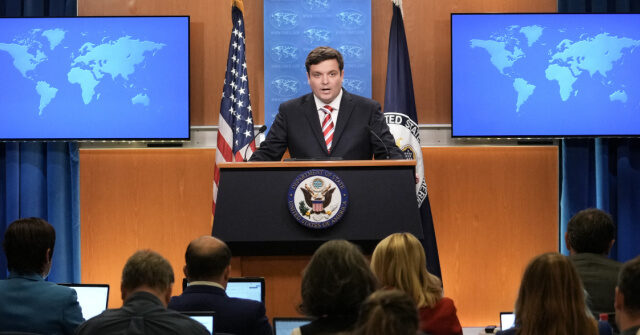State Department Auto-Reply: Who’s Really at Fault?
- The State Department is deflecting blame for shutdown delays.
- Political messaging matters when services stall and citizens suffer.
- Journalists should expect scripted responses and dig deeper for facts.
- Voters deserve clarity about responsibility and consequences.
Any journalist who submits an inquiry to the U.S. Department of State since the government shut down on October 1 will receive an automated response blaming delayed responses on congressional Democrats who refused to pass a clean funding resolution.
The message is simple and crafted to pin blame on one side: congressional Democrats. That line is part political strategy and part public relations triage, meant to shape public opinion while essential services limp along.
From a Republican viewpoint this is both predictable and infuriating: predictable because partisan messaging is standard operating procedure, and infuriating because real people lose access to services while the spin machine goes to work. Officials can blame opponents, but they cannot fix the backlog or speed up passport processing with a press release.
Journalists should treat the auto-reply as a starting point, not the final word. Ask for timelines, staffing numbers, and clear explanations of which services are paused versus reduced, and push for documents showing budget decisions and contingency plans.
Citizens need to hear plain facts: who is authorizing the shutdown, who voted against funding measures, and how long disruptions will last. Vague statements about negotiations or bipartisanship don’t help someone who needs a passport, a visa, or emergency consular help.
Practical accountability matters here more than rhetoric. Republican messaging should focus on outcomes — delays, costs, and the human stories — while calling for quick fixes and transparent timelines to restore normal operations.
Lawmakers on both sides will try to shape the narrative, but voters will remember the consequences when services are interrupted. The smart political play is to push for resolutions that restore operations and make clear who opposed them, so constituents can judge accordingly.
In the end, automated emails don’t solve problems; policy choices do. Demand answers, record votes, and make sure the conversation centers on restoring services, not just trading blame.


Leave a Comment